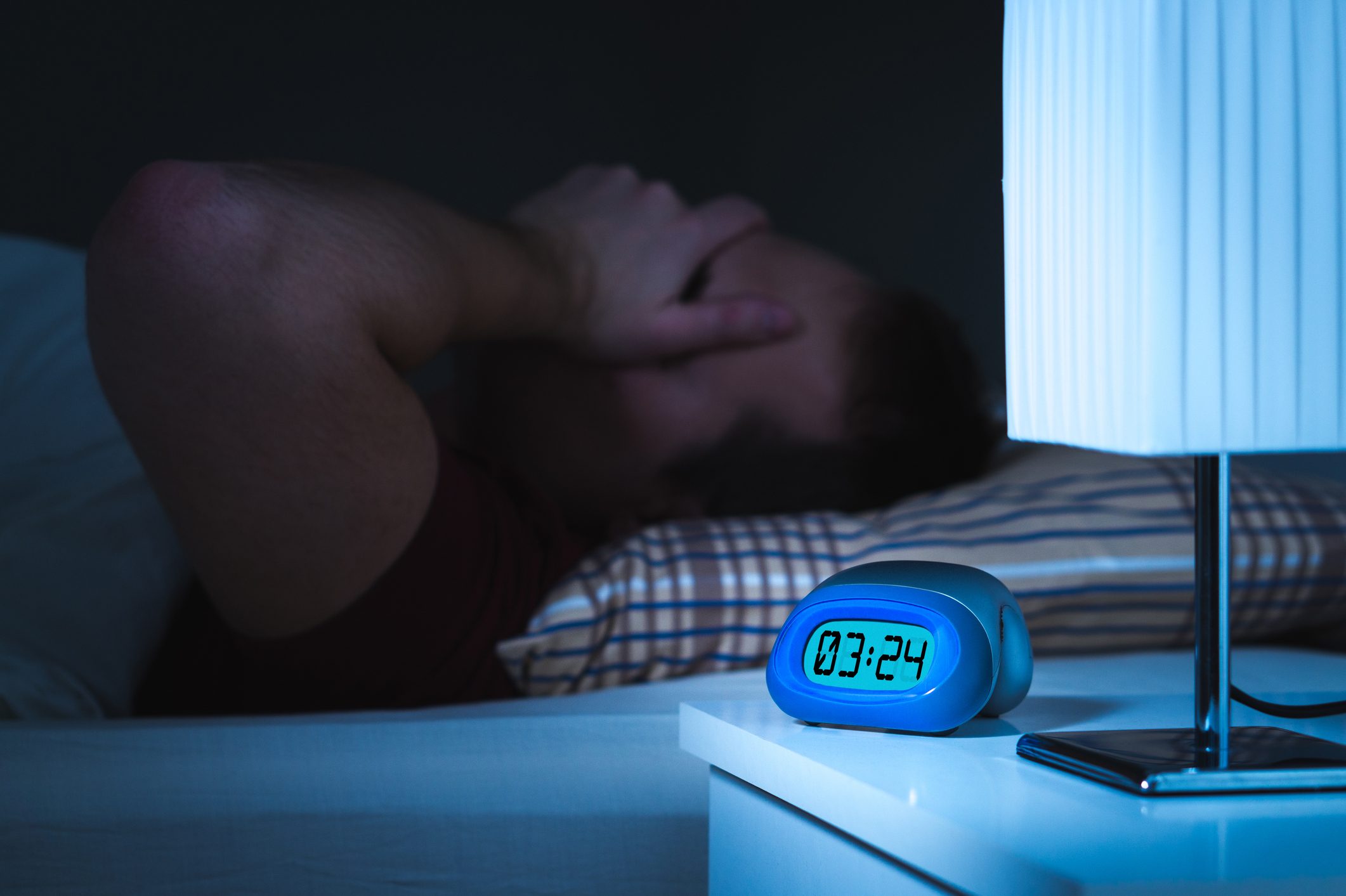Nighttime Awakenings: How to Avoid Them and Improve Your Sleep
When nighttime awakenings become frequent, they can significantly compromise the quality of sleep and negatively affect overall well-being. Fortunately, there are several strategies that can help reduce nighttime awakenings and promote more restful, restorative sleep. In this article, we will explore some practical advice to avoid frequent nocturnal awakenings and improve the quality of sleep.
Introduction: The Problem of Nocturnal Awakenings
Nighttime awakenings are a common part of life for many people, but when they become frequent, they can have a significant impact on your health and well-being. Sleep disorders can cause fatigue, irritability, and impair cognitive function during the day. It is important to address this issue and adopt effective strategies to promote restful sleep.
Causes of the Awakenings
Stress and Anxiety
Stress and anxiety can be among the main causes of frequent nocturnal awakenings. Worries and tensions can make it difficult to relax and sleep soundly, leading to awakenings during the night.
Bad Sleeping Habits
Unhealthy sleep habits, such as excessive use of electronic devices before bed or consuming heavy foods shortly before bed, can interfere with sleep and cause nighttime awakenings.
Sleep disorders
Sleep disorders such as sleep apnea or restless legs disorder can cause frequent awakenings during the night.
Tips to Avoid Waking Up at Night
1. Create a Sleep Routine
A regular sleep routine can help prepare the body and mind for a night’s rest. Try to go to bed and wake up at the same time every day, even on weekends, to establish a healthy circadian rhythm.
2. Create a Comfortable Sleep Environment
Make sure your bedroom is an optimal environment for sleep. Keep the room cool, dark, and quiet and invest in a comfortable mattress and pillows.
3. Reduce Stress Before Bed
To practice relaxation techniques such as meditation, yoga, or deep breathing before bed can help reduce stress and promote peaceful sleep.
4. Limit Caffeine and Alcohol Intake
Avoid consuming caffeine and alcohol in the hours before sleep. These substances can interfere with sleep and cause nighttime awakenings.
Conclusions
Frequent awakenings at night can compromise your quality of life and overall well-being. However, by following the advice above and taking a holistic approach to sleep, you can reduce nighttime awakenings and enjoy more restful and rejuvenating sleep. Always consult a health professional if your sleep problems persist or worsen. Prioritizing sleep is essential to a healthy and fulfilling life.
